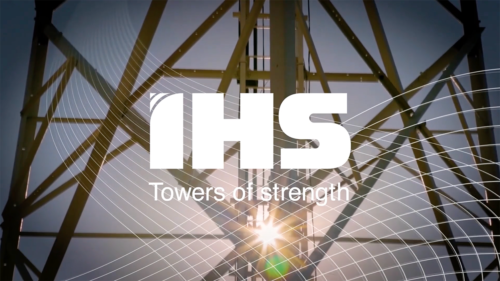
IHS Towers, one of the world’s largest telecommunications infrastructure providers, continues to depend heavily on its Nigerian operations, with MTN Nigeria and Airtel Nigeria contributing 57% of its total revenue in 2024.
Nigeria remains the company’s primary revenue source, accounting for 58.3% of its total earnings, highlighting both its dominance in the market and the risks of relying on a concentrated customer base.
However, economic headwinds, currency devaluation, and rising operational costs threaten IHS Towers’ financial stability. The company reported a decline in revenue, dropping from $2.1 billion in 2023 to $1.7 billion in 2024, with 98.5% of its earnings linked to just three key mobile operators—MTN Nigeria, Airtel Africa, and MTN South Africa. Any financial strain on these operators, such as regulatory changes or difficulties in securing financing, could severely impact IHS Towers’ revenue.
Nigeria’s economic downturn and sharp naira devaluation since 2023 have exacerbated inflation and financial uncertainty for businesses, particularly those in the telecom infrastructure sector. With more than half of its revenue generated in Nigeria, IHS Towers is significantly exposed to these risks.
The company is also grappling with escalating operational costs, primarily due to rising fuel prices, site maintenance expenses, and security challenges. Power generation remains the largest single cost component, accounting for 39.2% of the company’s total cost of sales in 2024, up from 33.5% in 2023. IHS Towers spent $348 million on power generation in 2024, a slight decrease from $396 million in 2023, reflecting its ongoing struggle to optimize energy costs.
To address power-related expenses, IHS Towers has invested in hybrid energy solutions, integrating diesel generators, solar power, and battery storage systems. By December 2024, 41% of sites operated on hybrid power, 33% relied on grid electricity with backup generators, 18% used diesel generators exclusively and 8% were powered by direct grid connections or alternative energy sources like solar.
Despite these efforts, fuel costs remain a major expense. IHS Towers stated in its financial report that it closely monitors diesel levels at its sites and manages bulk fuel storage to ensure continuous operations across its markets. Expanding its tower network remains a costly endeavor for IHS Towers, with the construction of a new tower in Africa costing between $50,000 and $100,000, while similar structures in Latin America range from $40,000 to $80,000. Given the current economic environment and restricted access to foreign exchange, financing further expansion poses a significant challenge.
Although the company has secured long-term Master Lease Agreements (MLAs), which typically run between five and ten years, its revenue remains heavily dependent on its mobile network operator clients. Many of these operators rely on debt and external funding to sustain their operations. Should they face difficulties in securing financing, it could lead to reduced investment in telecom infrastructure, subsequently affecting demand for IHS Towers’ services.
Despite these challenges, IHS Towers’ CEO, Sam Darwish, remains optimistic about Nigeria’s telecom sector. The recent approval of tariff increases by the Nigerian Communications Commission (NCC) is expected to improve financial conditions for telecom operators like MTN Nigeria and Airtel Nigeria, enabling them to invest more in network expansion.

“We are extremely bullish on Nigeria at the moment,” Darwish stated, expressing confidence that 2025 will bring renewed investments into the telecom infrastructure sector.
As of December 2024, IHS Towers manages 39,229 telecom towers across six African and two Latin American countries. It holds the position of largest independent tower operator in six of its eight markets and remains the only independent large-scale operator in four of them.
However, its dependence on Nigeria and a small pool of key customers presents a significant risk. While IHS Towers remains a dominant force in Africa’s telecom infrastructure sector, its long-term sustainability will require diversification beyond its current reliance on Nigeria and a few telecom giants.



